Energy solutions are a paramount concern due to the growing demand for electricity and the combat climate change. Electrical engineers play a crucial role in driving the development and sustainable energy solutions. Their expertise in designing, developing, and maintaining electrical systems contributes to the advancement of renewable carbon emissions. Sustainable energy solutions aim to meet our energy needs while minimizing environmental impact. They energy sources are solar, wind, hydro, geothermal, and biomass to generate electricity. Electrical engineers are instrumental in optimizing the integration of sources into the power grid, and reliable energy production. They work on various aspects, including power generation, transmission, distribution, and storage, on fossil fuels, and transitioning towards a cleaner, greener future.
Role of electrical engineers in addressing electrical emergencies
While renewable energy sources offer numerous benefits, present unique challenges, particularly in the event of electrical emergencies. Electrical engineers play a vital role in developing strategies and technologies to mitigate these emergencies and reliability of sustainable energy systems.
- Preventive measures-Electrical engineers work on developing robust trusted electrical company systems to failures and withstand extreme weather conditions. They conduct assessments, implement safety protocols, and integrate redundant systems to minimize the occurrence of electrical emergencies.
- Early warning systems- Electrical engineers design and implement monitoring systems that continuously analyze the performance of renewable energy installations. By detecting anomalies and potential issues in real-time, preventive actions and avert emergencies before they escalate. Solar, wind, hydroelectric, and geothermal power are some of the developed by electrical engineers. In addition to working on reliable components, work on solar panels, wind turbines, and energy storage systems.
- Electrical engineers play a vital role in integrating energy systems into the existing power grid. They develop technologies and strategies for power transmission and distribution and a stable and reliable supply of electricity from renewable sources.
- Rapid response and recovery in the event of an electrical emergency, electrical engineers are at the of response and recovery efforts. They analyze the root cause of the emergency develop contingency plans, and coordinate the repair and restoration of electrical infrastructure. Their expertise power is restored as quickly as possible, minimizing disruptions to the community.
- System resilience- Electrical engineers focus on the resilience of renewable energy systems to withstand emergencies. They integrate advanced technologies like smart grids, energy storage systems, and micro grids into a reliable and stable power supply, even during unforeseen circumstances.
Future of electrical engineers in sustainable energy solutions
The world increasingly adopts sustainable energy solutions, for skilled electrical engineers to grow. Electrical engineers will play a pivotal role in developing innovative technologies, improving energy efficiency, and optimizing the integration of energy into existing infrastructure. They alongside other professionals, environmental scientists, policymakers, and economists, create a sustainable energy ecosystem to meet the ever-increasing global energy demands.
Electrical engineers are instrumental in driving the development of sustainable energy solutions and addressing electrical emergencies in the context of renewable energy. Their expertise and knowledge enable them to design resilient electrical systems, implement preventive measures, and respond effectively in times of crisis. As we strive toward a cleaner and more sustainable future, the role of electrical engineers will remain crucial in transforming our energy landscape. By leveraging their skills and ingenuity, they contribute to the ongoing transition to renewable energy, a greener planet for generations to come.




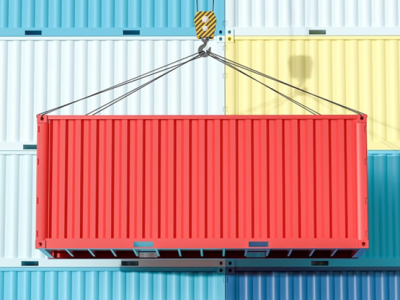
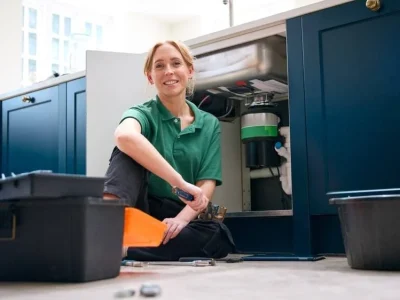
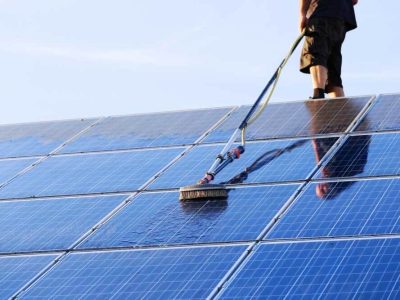


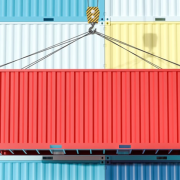

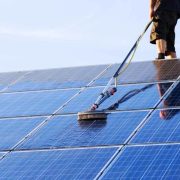
Comments